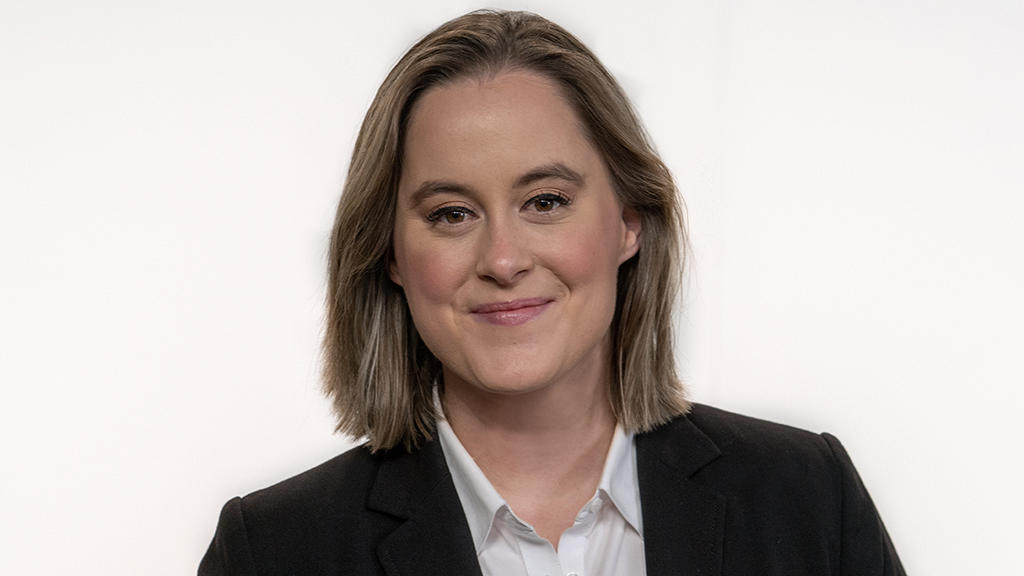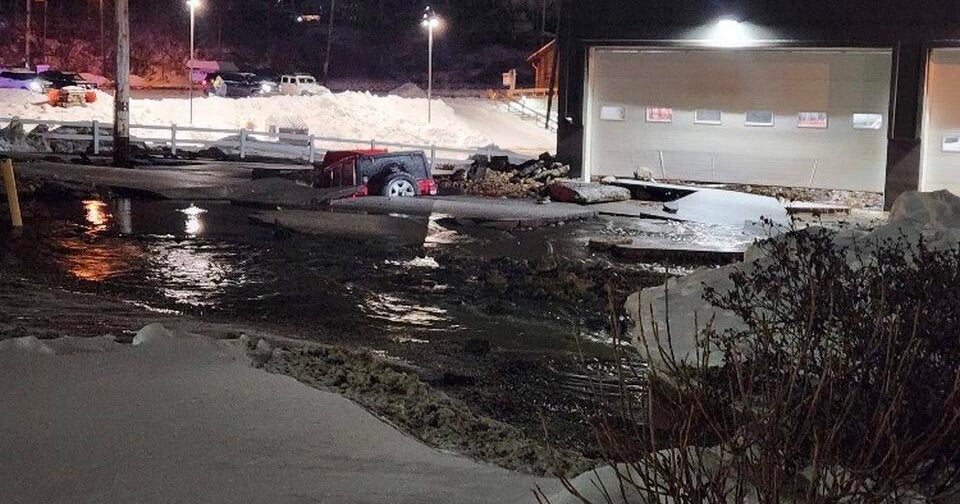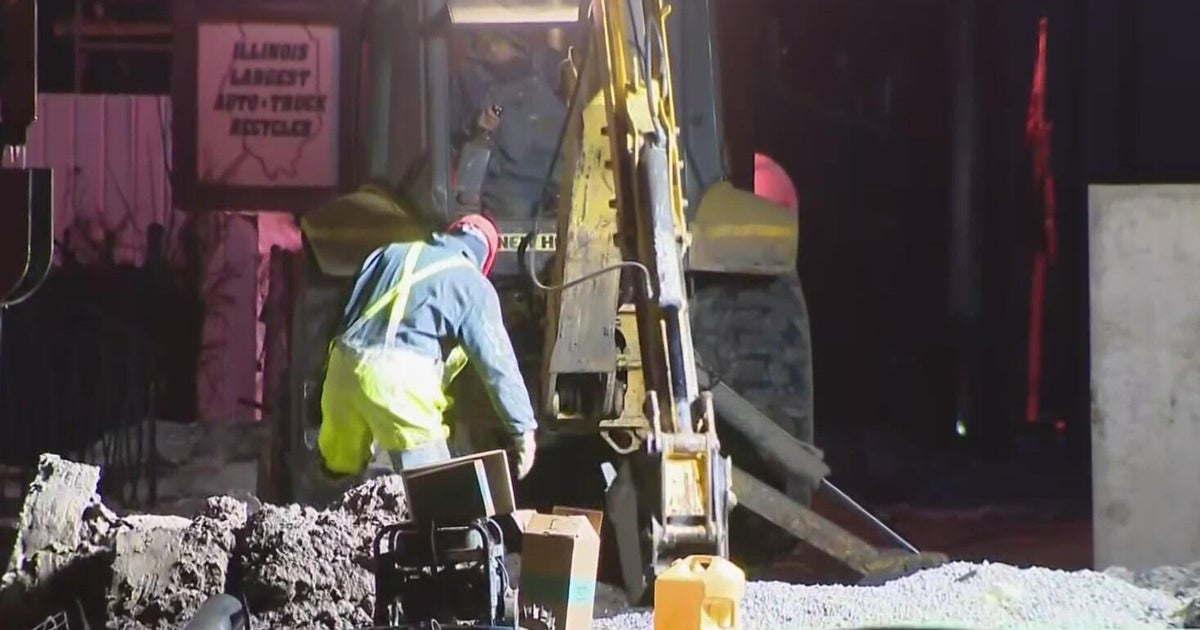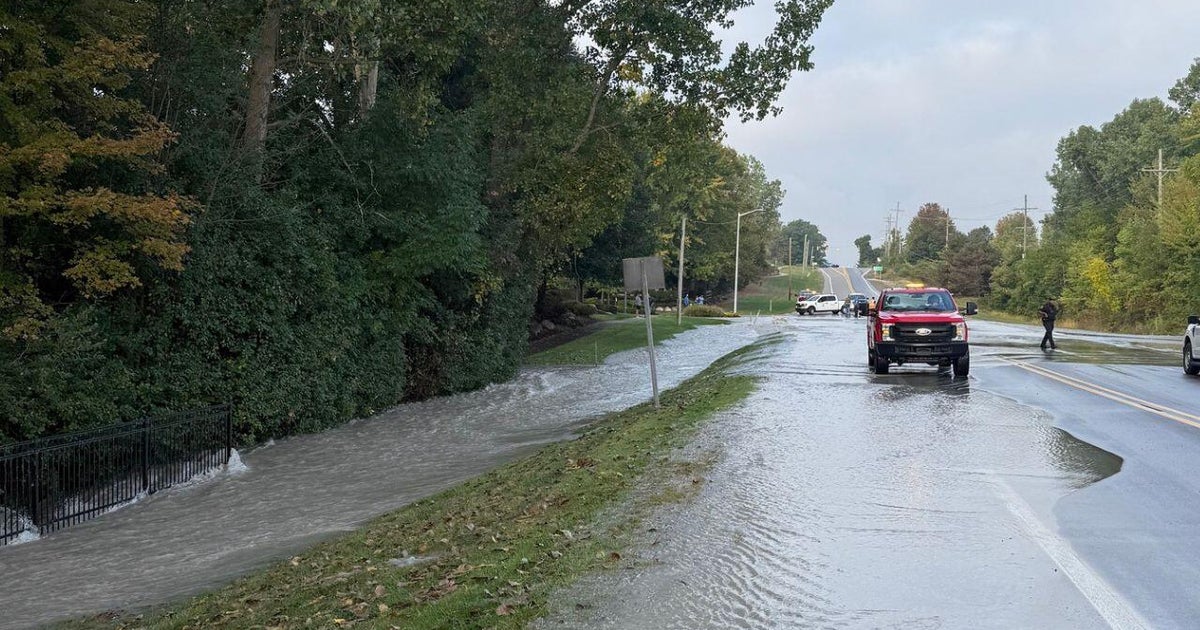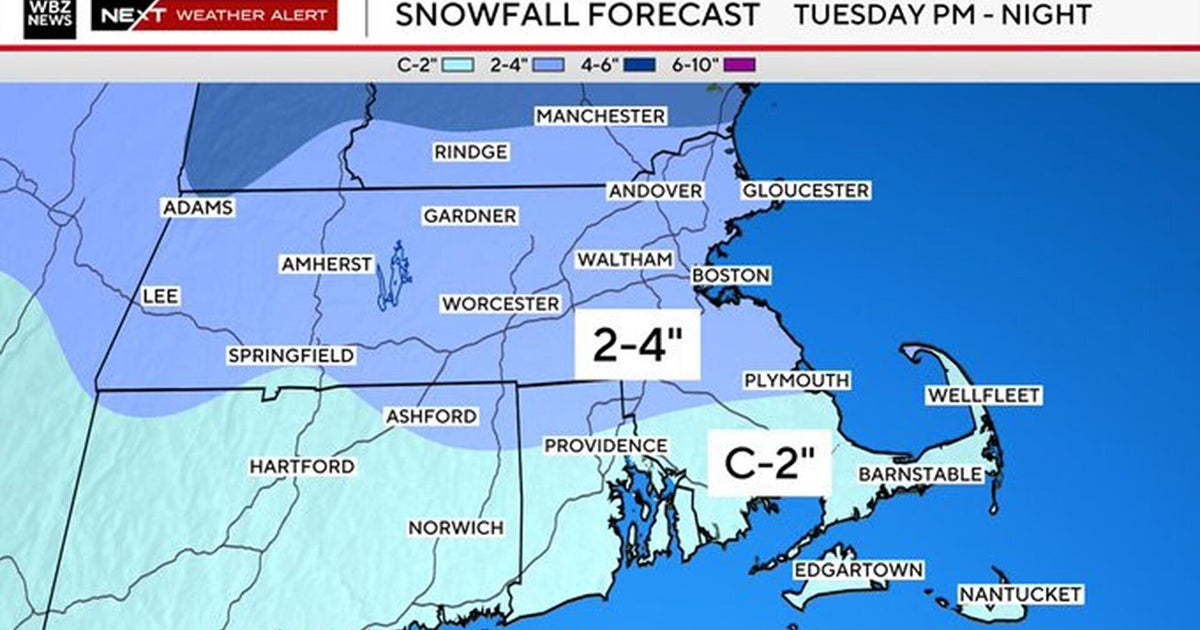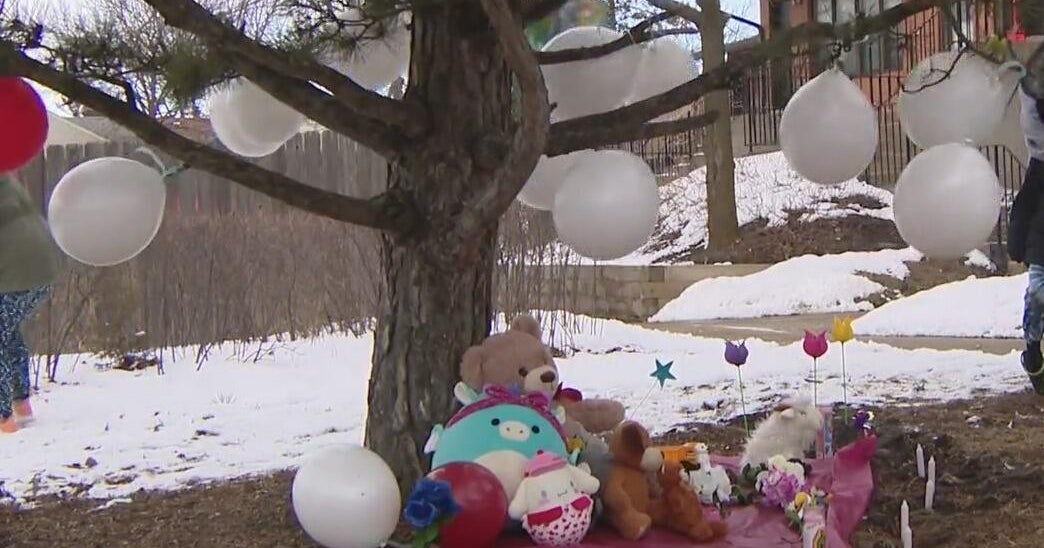Experts weigh in on what's causing high bacteria levels in water at the beach
BOSTON - Neighbors are demanding answers after dozens of beaches were closed in Massachusetts.
The beaches were closed after testing for high levels of human waste due to heavy rain pushing bacteria into swimming water.
"What we're seeing this summer is more frequent rainfall events as a result of climate change," said Boston University environmental health doctoral candidate Beth Haley, who explained recent storms aren't totally to blame, the perfect storm is.
"In New England we have what are called combined sewer systems," said Haley.
These systems collect storm, residential and industrial waste into the same pipe.
"These are old infrastructure features. And they work well on a dry day but on days with a lot of precipitation the system gets overwhelmed," said Haley.
And the water overflows into the rivers first.
"All those rivers discharge to the Atlantic, which is where our swimming beaches are," said Wendy Heiger-Bernays, a professor of Environmental Health at BU.
"When we're swimming our mouths are open,we are likely gulping in poop or viruses. Public health is about preventing illness," said Heiger-Bernays.
But how? The solution is complicated.
"The most permanent fix for combined sewers is to separate the sewer systems. Sewage in one pipe and storm water in a sperate pipe," said Haley.
But that cost is astronomical so in the meantime, partially treating water runoff with chlorine can work and finding a way to store the excess water can help too.
"If you can collect more of that runoff then you can slowly send the volume to the waste water treatment plant," said Haley.
Another problem is the amount of pavement in and around the city doesn't allow rainfall to be absorbed – instead it runs into the sewers.
"When there's an impervious surface like that, like pavement, sidewalks, the water is no longer able to infiltrate into the soil," said Haley.
"We're not dealing with how to prevent the waste water from going into the beach. So it's going to continue to happen," said Heiger-Bernays
WBZ TV has reached out to the state department of public health they declined an interview.
